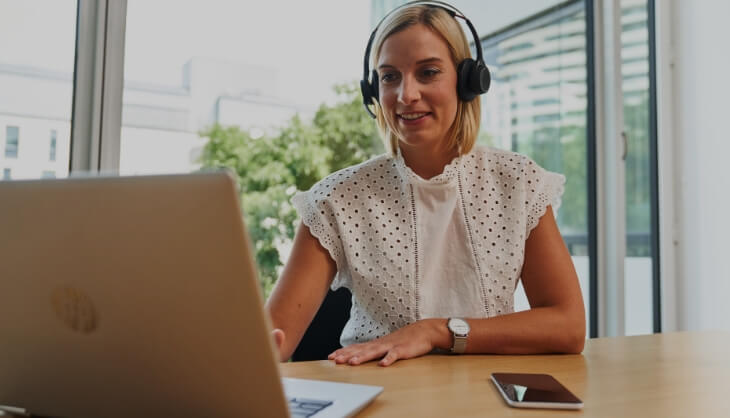

Use these with caution and before giving permissions to other users, be certain you know who you’re communicating with Scammers often use popular business collaboration tools as a way of remotely taking control of your computer, including TeamViewer and AnyDesk.Consider encrypting any files containing sensitive information on your device or protecting them with additional passwords.Think about limiting admin access on your computer, so you just use a ‘user’ profile for every day to control who can install new programs and change security settings.Make sure your computer is protected with regularly updated anti-virus software that you’ve bought and installed yourself.Scammers can obtain your number fraudulently, so you may still receive scam calls even if you have a private number or are on the Australian Government's Do Not Call Register.If you receive an unexpected phone call, text or email about your computer and remote access is requested, hang up or delete immediately – even if they mention a well-known company or entity.Never provide any personal details over the phone, by text message or email to an unsolicited caller.Never share your login details with anyone.


Never give an unsolicited caller or contact remote access to your computer.


 0 kommentar(er)
0 kommentar(er)
